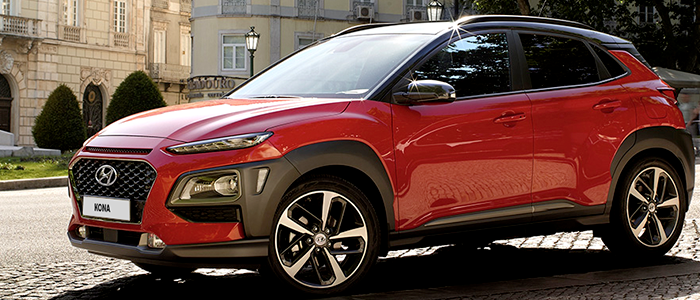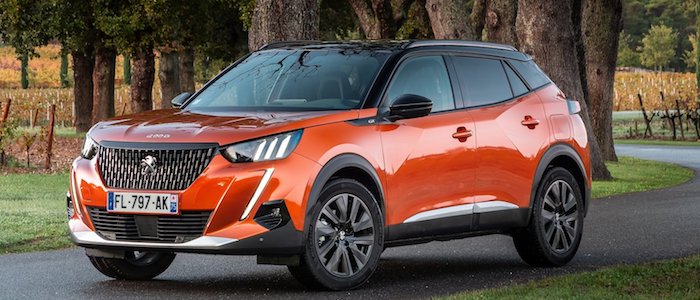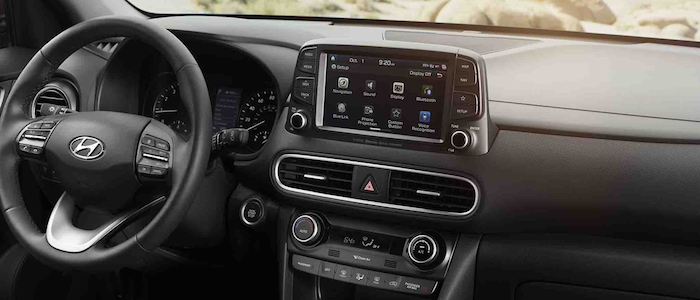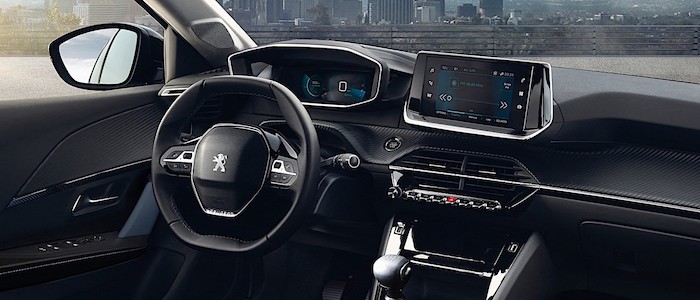Compare two cars
Compare any two cars and get our Virtual Adviser™ opinion
Dimensons & Outlines
Check vehicle history
Engine
Performance (manual gearbox)
Performance (automatic gearbox)
Expenses
Virtual Adviser's™ opinion
Well, these are two pretty similar cars we have here! It's only details that could potentially make the difference. Considering they both belong to the suv segment and utilize the same 5-door suv body style and the front wheel drive system, it all comes up to the specific petrol engine choice they offer. The first one has a Hyundai-engineered powertrain under the hood, a 3-cylinder, 12-valves 120hp unit, while the other one gets its power and torque from a 3-cylinder, 12-valves 131hp engine designed by Peugeot.
SafetyThe first thing to look into here would be the results from European New Car Assessment Programme (Euro NCAP) tests performed on the two cars. Good thing is that both vehicles got tested, with the Hyundai being a slightly better choice apparently. Moving further on, let's take a closer look at some additional safety-related facts. Both vehicles belong to the suv segment, which is generally a very good thing safety-wise, still it doesn't help us solve our dilemma, does it? Furthermore, taking kerb weight as an important factor into account, the Korean car offers a marginal difference of 3% more metal.
ReliabilityManufacturers have been building their reliability reputation for decades now and, generally speaking, it appears that both brands display similar results in faults and breakdowns, all the models observed together. That's the official data, while our visitors describe reliability of Hyundai with an average rating of 4.5, and models under the Peugeot badge with 4.3 out of 5. Unfortunatelly, I don't have enough insight that would allow me to comment in more details on the specific models level. That apart, owners of different cars powered by the same engine as the Korean car rank it on average as 5.0, while the one under the competitor's bonnet gets 4.0 out of 5.
Performance & Fuel economyPeugeot is way more agile, reaching 100km/h in 3.1 seconds less than its competitor. In addition to that it accelerates all the way to 198 kilometers per hour, 17km/h more than the other car. When it comes to fuel economy the winner has to be the French car, averaging around 4.5 liters of fuel per 100 kilometers (63 mpg), in combined cycle. We can't ignore that 18% difference compared to the Korean car.
Verdict
Hyundai appears just a bit more reliable, although the difference is truly marginal. The most important thing when deciding between any two vehicles should always be safety, both passive and active. In my opinion, everything taken into account, the Korean car offers much better overall protection, which launches it ahead of the other contender. From there things take a different direction, with Peugeot outracing its opponent in any situation possible, making it better choice for boy racers. To make things even better, it consumps less fuel! All together, there's not much more to say, in this case I wouldn't even consider anything but Peugeot. Anyway, that's the most objective conclusion I could've came up with and it's based solely on the information found on this website. Aspects such as design, practicality, brand value and driving experience are there for you to measure them out. In case you have two minutes to spare I invite you to define your needs, desires and budget and see which car would be chosen by the virtual adviser™, among thousands of similar, yet so different vehicles.

































